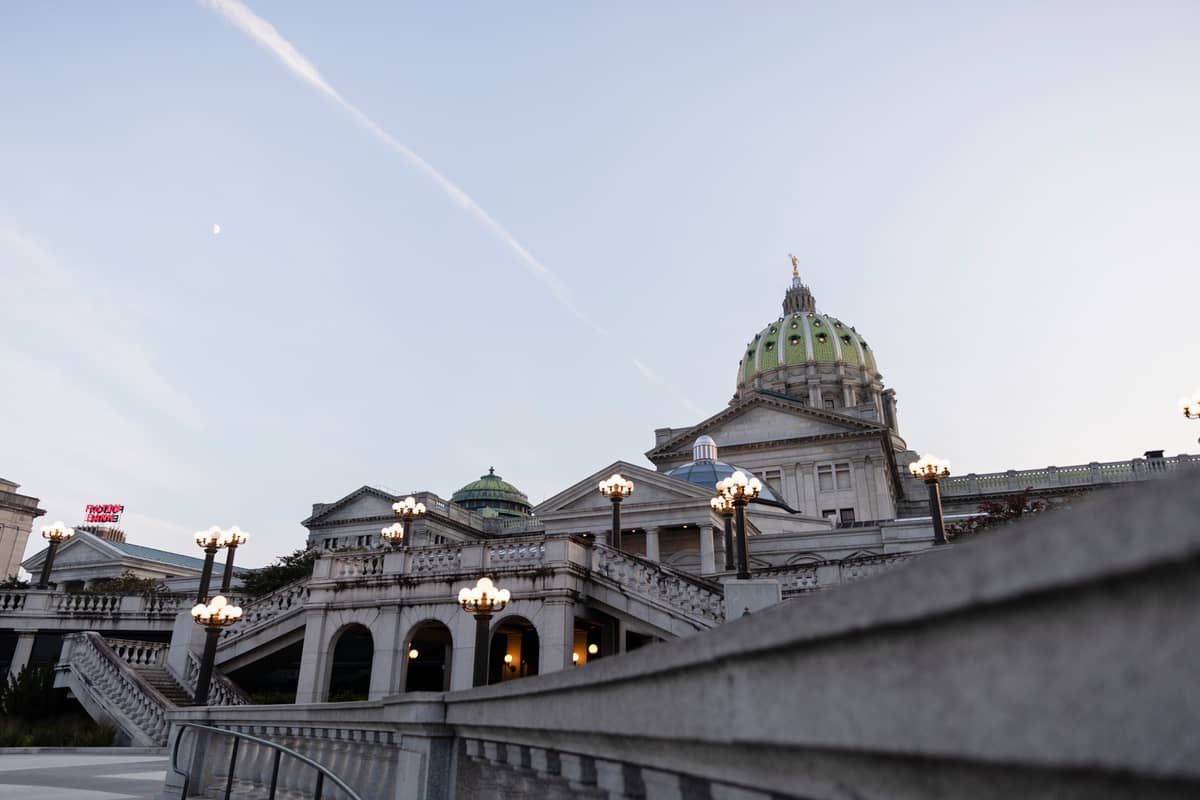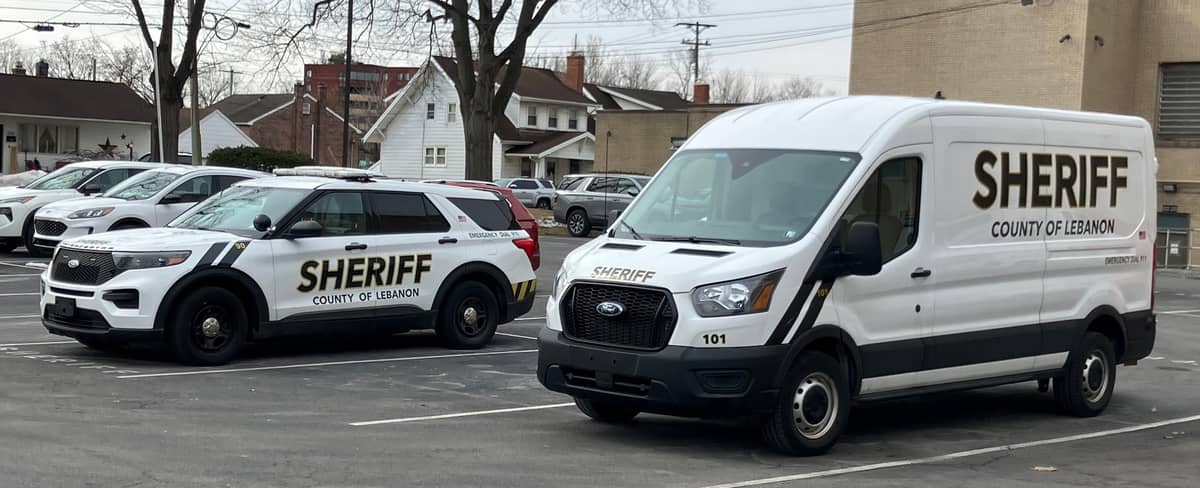This article is shared with LebTown by content partner Spotlight PA.
By Stephen Caruso of Spotlight PA
HARRISBURG — Pennsylvania lawmakers are signaling a willingness to move legislation after a year that’s seen a prolonged dispute over spending and few bills cross the finish line.
With little fanfare, Democratic Gov. Josh Shapiro has recently signed several bills that chip away at Pennsylvania’s five-month-old budget impasse by addressing issues in need of immediate attention.
They include measures increasing ambulance reimbursements, reauthorizing a hospital assessment used to support medical coverage for low-income individuals, and transferring almost $900 million to the state’s rainy day fund, which now sits at $6.1 billion.
Democratic and Republican legislative leaders have found it difficult to work together since this summer, when Shapiro rejected a $100 million private school voucher program, a GOP priority, in the face of unified resistance from state House Democrats.
At a news conference late last month, Shapiro said that both chambers “have to learn to work together,” but that he was “encouraged by what I’ve been seeing as of late.”
“We should have a glass half full mentality, not a glass half empty,” Shapiro added.
Shapiro signed a $45.5 billion budget in August, but state lawmakers must pass additional legislation to authorize spending on several programs included in that bill.
There’s no guarantee the state House and Senate will agree on a plan to fund those items, which include extra money for Pennsylvania’s poorest schools and grants for home repairs.
But there are signs that hard feelings over the budget may be thawing as both chambers return to Harrisburg this week.
The rainy day fund transfer, in particular, has earned Democratic lawmakers and Shapiro some goodwill among legislative Republicans, who have pushed for the state to put away as much money as possible, fearing a future recession and associated hard choices about finances.
The transfer is “a direct result of the Senate and House Republicans disciplined spending approach throughout the past several budget cycles,” state Senate President Pro Tempore Kim Ward (R., Westmoreland) said in a statement earlier this month.
“More importantly, it demonstrates that Republicans’ words and actions are aligned to position our state for fiscal solvency, which is a value that has been missing during our current and unfinished budget discussions,” Ward said.
While state House Democrats supported putting dollars in the rainy day fund, they also want state Senate Republicans to get on board with spending more money on public education and social programs, a handful of which were agreed to in the summer budget bill.
That includes $100 million in aid for the state’s poorest schools, $50 million for a popular home repair grant program, $10 million on stipends for student teachers, and $7.5 million to invest in public legal defense for those who can’t afford an attorney.
The state House passed a fiscal code last month that would authorize such spending. That bill and other code legislation advanced by Democrats in the lower chamber would create a medical debt relief program, cut the state’s corporate income tax, and much more.
Republicans who control the state Senate have said they like some of the ideas but have not called those proposals up for a vote. The original budget bill, those leaders added, only included Democratic spending priorities because of the inclusion of $100 million for private school vouchers.
Five months on, state House Democrats’ opposition to vouchers hasn’t changed.
“Before we talk about $100 million for literally a few parachutes for the chosen few, what are we going to do for the hundreds of thousands of kids that are left in those schools?” state House Majority Leader Matt Bradford (D., Montgomery) said at a press luncheon last month.
While private school vouchers remain a sticking point, both chambers have been relatively more productive compared to earlier this year. Shapiro has signed 20 bills into law since the start of October, compared to seven from January until September.
(Former Gov. Tom Wolf signed 61 bills into law between January and early November 2015, his first year in office, amid a record-setting budget impasse.)
Shapiro has signed bills in recent weeks that allow teachers to wear religious garb in the classroom, make permanent enforcement cameras to catch drivers who pass school buses, and update the state’s dog law to increase fees and enhance penalties to expand funding for enforcement.
State House Education Committee Chair Peter Schweyer (D., Lehigh) said he expected it would take time for the leadership in both chambers to develop the “muscle memory” needed to cut deals and pass laws within the newly divided legislature. Democrats narrowly won control of the state House in 2022 after more than a decade of GOP control.
Looking forward, Schweyer said he plans to bring more state Senate bills up for a vote in his committee, and hopes the upper chamber will do the same on critical issues that don’t get the same level of attention as the budget. He pointed to a state House bill that gives schools more flexibility to hire retirees as substitute teachers and another that allows dental hygienists to conduct in-school examinations.
“While we’re having the bigger fights over the big dollar spending, we can still be doing our job,” Schweyer told Spotlight PA. “And we’re seeing that, and that’s a good thing.”
WHILE YOU’RE HERE… If you learned something from this story, pay it forward and become a member of Spotlight PA so someone else can in the future at spotlightpa.org/donate. Spotlight PA is funded by foundations and readers like you who are committed to accountability journalism that gets results.
























